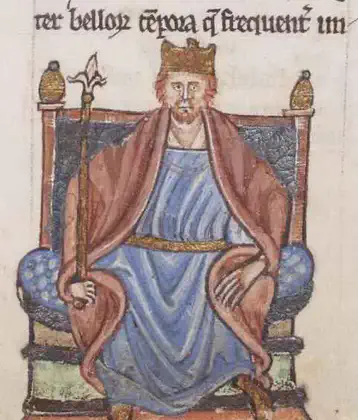On November 11th in Celtic History
Closing of samhain with animal sacrifices to exclude evil sprits (later christianized as martinmas)
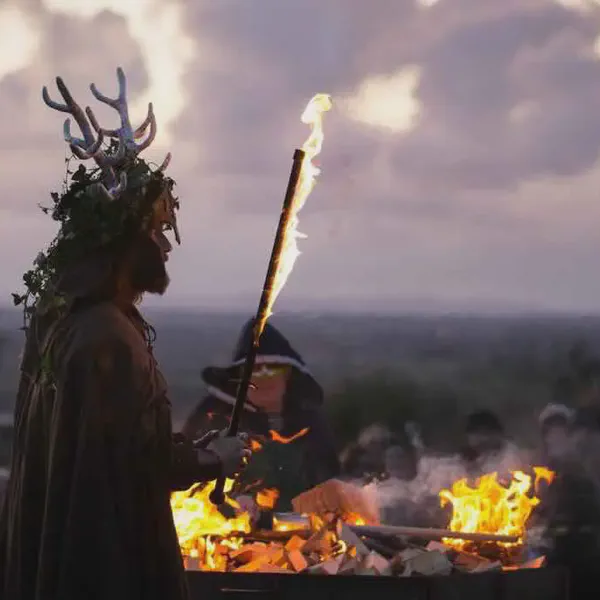
Samhain (pronounced “sow-in”) is a Gaelic festival marking the end of the harvest season and the beginning of winter or the “darker half” of the year. It is celebrated from sunset on October 31st to sunset on November 1st in the Northern Hemisphere. In the Southern Hemisphere, Samhain is typically observed from April 30th to May 1st.
Samhain is believed to have Celtic pagan origins, and some Neolithic passage tombs in Ireland and Britain are aligned with the sunrise at the time of Samhain. It is mentioned in the earliest Irish literature, from the 9th century, and is associated with many important events in Irish mythology. The early literature says great gatherings and feasts marked Samhain when the ancient burial mounds were open, which were seen as portals to the Otherworld. Some of the literature also associates Samhain with bonfires and sacrifices.
Samhain as the season when the cattle that would not be kept through the winter were slaughtered. In historical times the date of the slaughter has specifically been Martinmas (November 11 - aka The Feast of Saint Martin), certainly in part because the name of the saint suggested the Gaelic word mart (cattle marked for slaughter).
As late as the 1830s, when Amhlaoibh Ó Súilleabháin discussed some of these customs in his famous diary, the occasion was understood as a ritual shedding of blood, and other sources show that during the same period blood sacrifices could even still be held indoors, to protect a house from malignant fairy influences by sprinkling an offering of blood at each corner.
Martinmas, 11 November - The last Scottish legal “Quarter Day” when rents and contracts fell due. Since fodder was becoming scarce by this time of the tear, cattle were often killed at this time. As a by-product of this the offal was mixed with oatmeal to make haggis and the blood used to make black puddings.
Martinmas was the feast of St. Martin of Tours celebrated on November 11.
It was immediately followed by the beginning of Advent, 40 days of reflection and penance in preparation for the great feast of Christmas.?
More From This Day
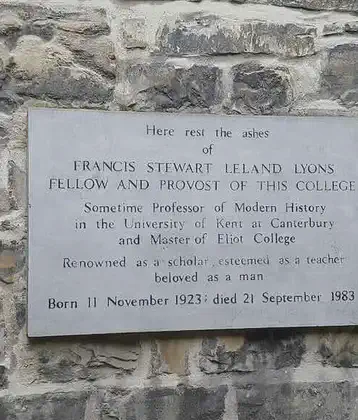
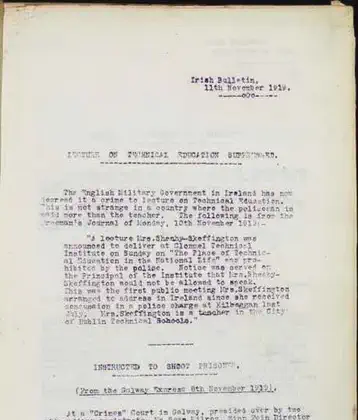

Armistice Day, World War I ends on the, 11th hour of the, 11th day of the, 11th month.
November 11, 1918
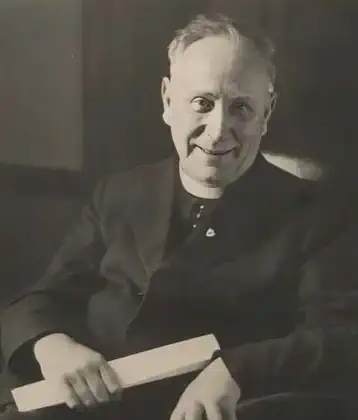
Birth of John M. Hayes in Murroe, Co. Limerick; priest and founder of Muintir na Tíre
November 11, 1887
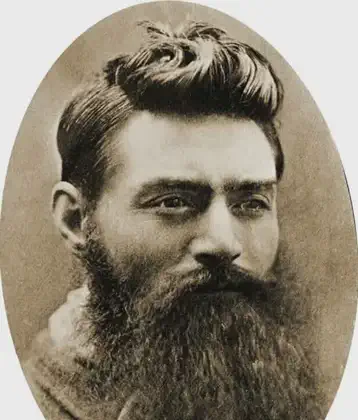
Ned Kelly, Australian bushranger and son of Tipperary transportee, is hanged in Melbourne
November 11, 1880
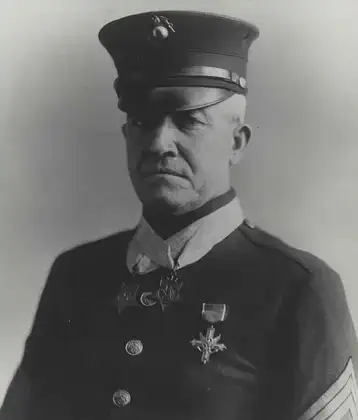
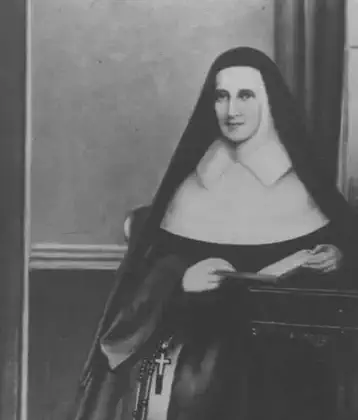
Death of Sister Catherine McAuley, founder of the order of the Sisters of Mercy
November 11, 1841

Birth of Thomas Waite, MP and Under Secretary for the Civil Department
November 11, 1718
